Top 5 High-Potential OEM Products for Export to the Middle East Market
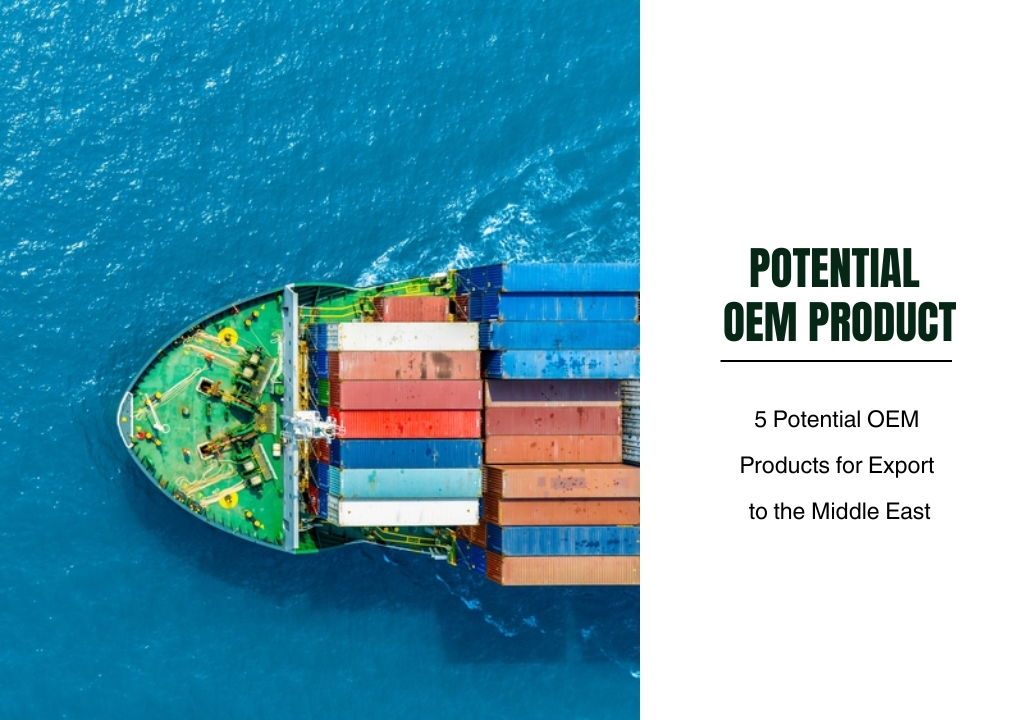
100% Natural Fruit Juices (No Added Sugar)
Fruit juices are among the most popular products in the Middle East market. With the increasing demand for natural, sugar-free, and chemical-free products, 100% natural fruit juices are gaining strong popularity among consumers.
- Interesting Fact: According to a report from Euromonitor, the consumption of natural fruit juices in the Middle East is growing rapidly, with an average annual growth rate of 4-5%.
- Popular Juices: Orange, pomegranate, apple, mango, and tropical fruit blends.
- Consumer Trends: Consumers in the Middle East are gradually shifting from sugary sodas to natural fruit juices in order to reduce their sugar intake and improve their health.
Why 100% Natural Fruit Juices Are Promising?
With increasing awareness about healthy eating, natural fruit juice products not only satisfy thirst but also provide nutritional benefits. Specifically, organic products that are free from preservatives and artificial coloring will align well with the healthy living trend in the Middle East.
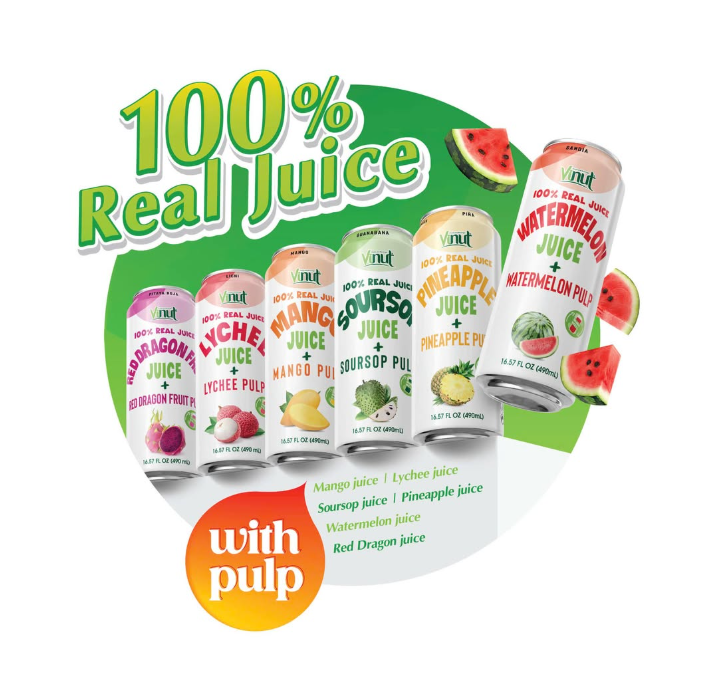
Flavoured Water (Fruit and Herbal Extracts)
As the trend for healthy living continues to rise, flavoured water has become an appealing option for consumers in the Middle East. These beverages not only add a refreshing twist but also offer health benefits due to the natural fruit and herbal extracts they contain.
- Interesting Fact: The flavoured water market is projected to reach a value of $5 billion by 2026, with strong growth in Middle Eastern countries such as UAE, Saudi Arabia, and Qatar.
- Popular Flavours: Cucumber-mint, lemon-lime, berry varieties, and especially rose water – a well-known ingredient in Middle Eastern cuisine.
- Consumer Trends: Consumers in the Middle East are increasingly favoring low-calorie, electrolyte-rich beverages made with natural ingredients.
Why Flavoured Water Has High Potential?
Flavoured water provides a light and refreshing hydration solution while also delivering added nutritional benefits from fruits and herbs. Additionally, combining familiar ingredients like rose water and mint will easily resonate with Middle Eastern consumers.
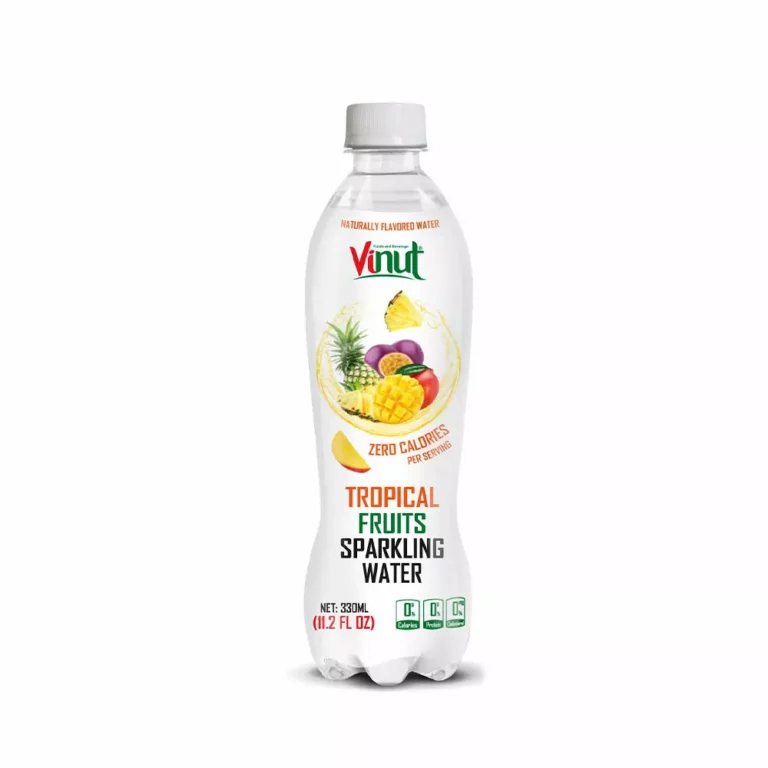
Herbal Tea
Tea is an essential part of consumer culture in many Middle Eastern countries. Herbal teas are not only delicious but also offer great health benefits, ranging from stress relief and digestive support to improving sleep quality. This makes herbal tea an ideal product for export to this market.
- Interesting Fact: Data from Mintel shows that the tea market in the Middle East is valued at $3.2 billion, with herbal teas accounting for about 15% of this total market.
- Popular Teas: Mint tea, chamomile tea, hibiscus tea, and saffron tea – all of which are famous herbs in the Middle East.
- Consumer Trends: Consumers in the Middle East are looking for teas that are not only flavorful but also beneficial to their health, creating a large opportunity for herbal and organic tea products.
Why Herbal Tea is a Promising Option?
In addition to their unique flavors, herbal teas offer various health benefits, from relaxation to digestive support, which aligns with the growing demand for health-conscious products in the Middle East.
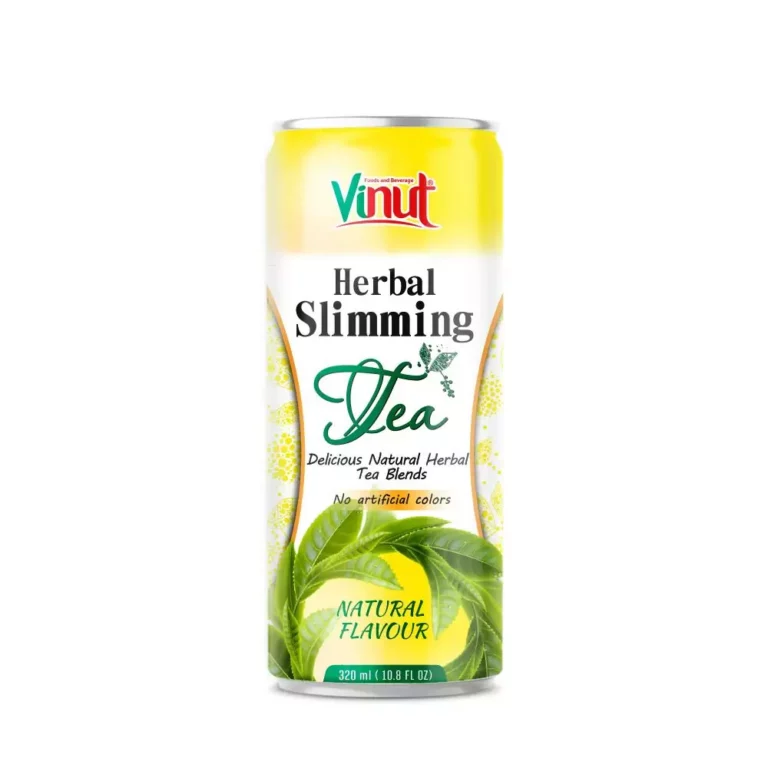
Natural Energy Drinks (Made from Natural Ingredients)
The demand for energy drinks is increasing in the Middle East, especially among young people and those with active lifestyles. However, with growing concerns about health, Middle Eastern consumers are shifting toward natural energy drinks that do not contain artificial ingredients.
- Interesting Fact: The energy drink market in the Middle East grew by approximately 10% in 2023, particularly in major cities such as Dubai and Riyadh.
- Popular Energy Drinks: Natural energy drinks with ingredients like electrolytes, vitamin B, and caffeine from green tea or guarana.
- Consumer Trends: Energy drinks made from natural ingredients are becoming more popular than traditional energy drinks, as they offer more health benefits.
Why Natural Energy Drinks Are Promising?
With an active lifestyle, offering natural energy drinks that provide vitamins and electrolytes will help consumers maintain energy throughout the day without concerns about side effects from artificial ingredients.
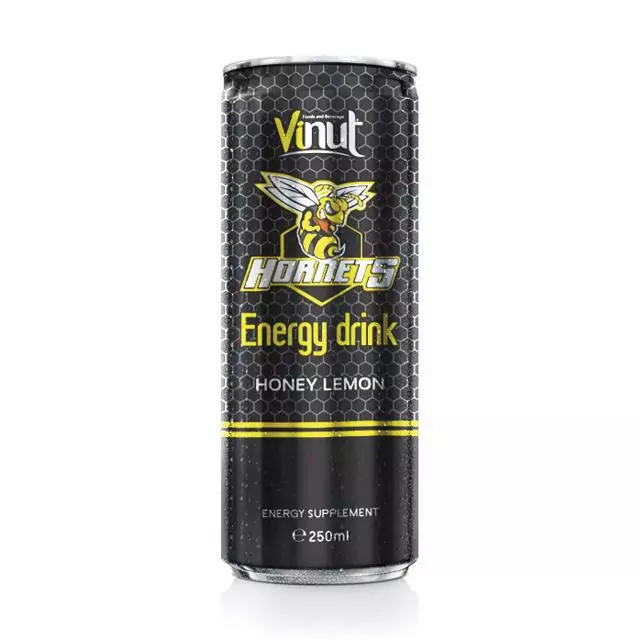
Non-Alcoholic Beverages (Mocktails, Sparkling Water)
With strict regulations on alcohol consumption in many Middle Eastern countries, non-alcoholic beverages, including mocktails and sparkling water, are becoming increasingly popular. These products not only help quench thirst but also provide an enjoyable drinking experience, especially during social and festive occasions.
- Interesting Fact: The non-alcoholic beverage market in the Middle East is projected to exceed $2 billion by 2025, due to the growing demand for alcohol alternatives.
- Popular Beverages: Mocktails (non-alcoholic cocktails), sparkling fruit-flavored water, and fermented fruit drinks.
- Approach: Mocktails with traditional flavors like rose, mint, or fermented fruit-based drinks are ideal choices for export to the Middle Eastern market.
Why Non-Alcoholic Beverages Are Highly Promising?
With the growing affluent class in major Middle Eastern cities, the demand for alcohol alternatives is significant. Non-alcoholic beverages not only provide rich flavors but also align with the cultural norms and regulations surrounding alcohol consumption in the region.
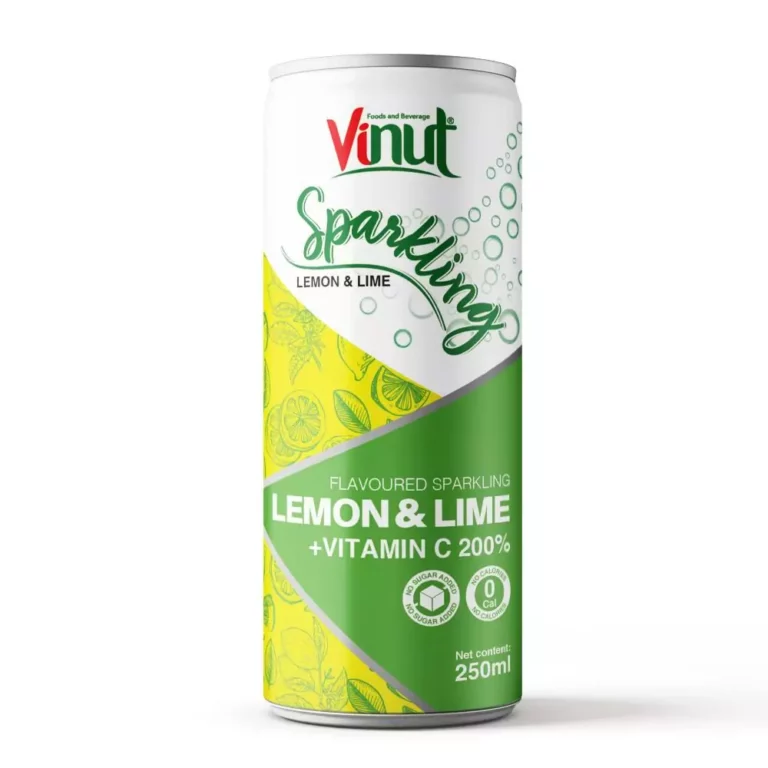
Conclusion
The Middle East, particularly countries like the UAE, Saudi Arabia, and Qatar, presents significant opportunities for Vietnamese OEM products in 2025. Electronics, processed food, fashion items, furniture, and medical supplies not only match the region’s consumer demands but also have the potential for substantial growth due to Vietnam's competitive edge in quality and pricing. However, to succeed, Vietnamese businesses need to understand consumer preferences, cultural nuances, and quality standards in the Middle East, while also developing effective export strategies to capitalize on these emerging markets.
